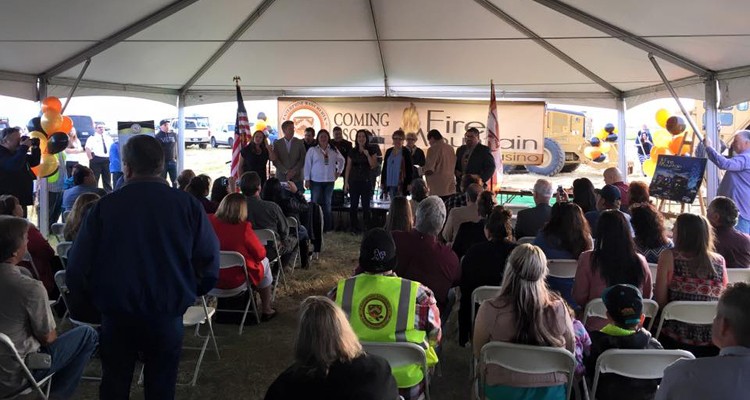The deadline for the state’s approval of a Class III gaming compact proposed by the Enterprise Rancheria for its Fire Mountain Casino Resort has been extended to July 5 from the original date of July 1 issued by a mediator in April.
In February, the state was ordered by U.S. District Judge Troy L. Nunley to negotiate a new gaming compact with the Estom Yumeka Maidu Tribe of the Enterprise Rancheria. Judge Nunley said that when the state allowed the tribe’s original deal to expire without a vote in the state Legislature, it had not shown that it acted in good faith. The 23-page opinion by Judge Nunley was delivered in a 2014 suit filed by the tribe against the state after the legislature failed to act on a Class III compact signed in 2012 by Governor Jerry Brown.
Nunley gave the tribe and the state 60 days to finalize a compact. When the tribe and the state failed to reach an agreement on a compact by April 18, as per the Indian Gaming Regulatory Act (IGRA), a mediator was appointed by Nunley to select from the compacts proposed by the state and the tribe. According to the court filing in Sacramento, on May 3 Zela G. Claiborne chose the tribe’s compact proposal “as the one that best comports with the law and the orders of the court,” as reported by the Appeal-Democrat. If the state fails to act, the rules for Class III gaming at the casino on Forty Mile Road would be imposed by the Secretary of the Interior.
A federal bill backed by the Picayune Rancheria of Chukchansi Indians specifically targeting the North Fork Rancheria of Mono Indians’ proposed casino near Madera and the Enterprise Rancheria’s Fire Mountain Casino was referred to the House Committee on Natural Resources on April 27. H.R. 5079, the California Compact Protection Act, is a bill that would amend the Indian Gaming Regulatory Act to require the approval process for off-reservation gaming in California adhere to state law. It states that a tribal gaming compact that has not been ratified by the state Legislature or has been rejected by state voters cannot be approved by the Department of the Interior.
Meanwhile, after 15 years of delay, on June 7 the tribe began work on its new 140,000 sq ft casino project near Yuba City. Casino operations are expected to begin in April or May of next year on the Class II gaming facility. In addition to bingo, the casino resort will offer electronic games and only non-banked card games unless the tribe’s gaming compact is approved in which case it will be able to offer the more lucrative Class III Las Vegas-style gambling.
Along with the casino, included in the $170 million first phase of construction are bars, restaurants, conference rooms, and gift shops. It is estimated that in total, 1,000 temporary jobs will be created during construction and 700 permanent jobs upon completion. Depending on the market, the tribe plans to expand with the addition of a hotel, as well as other amenities.


